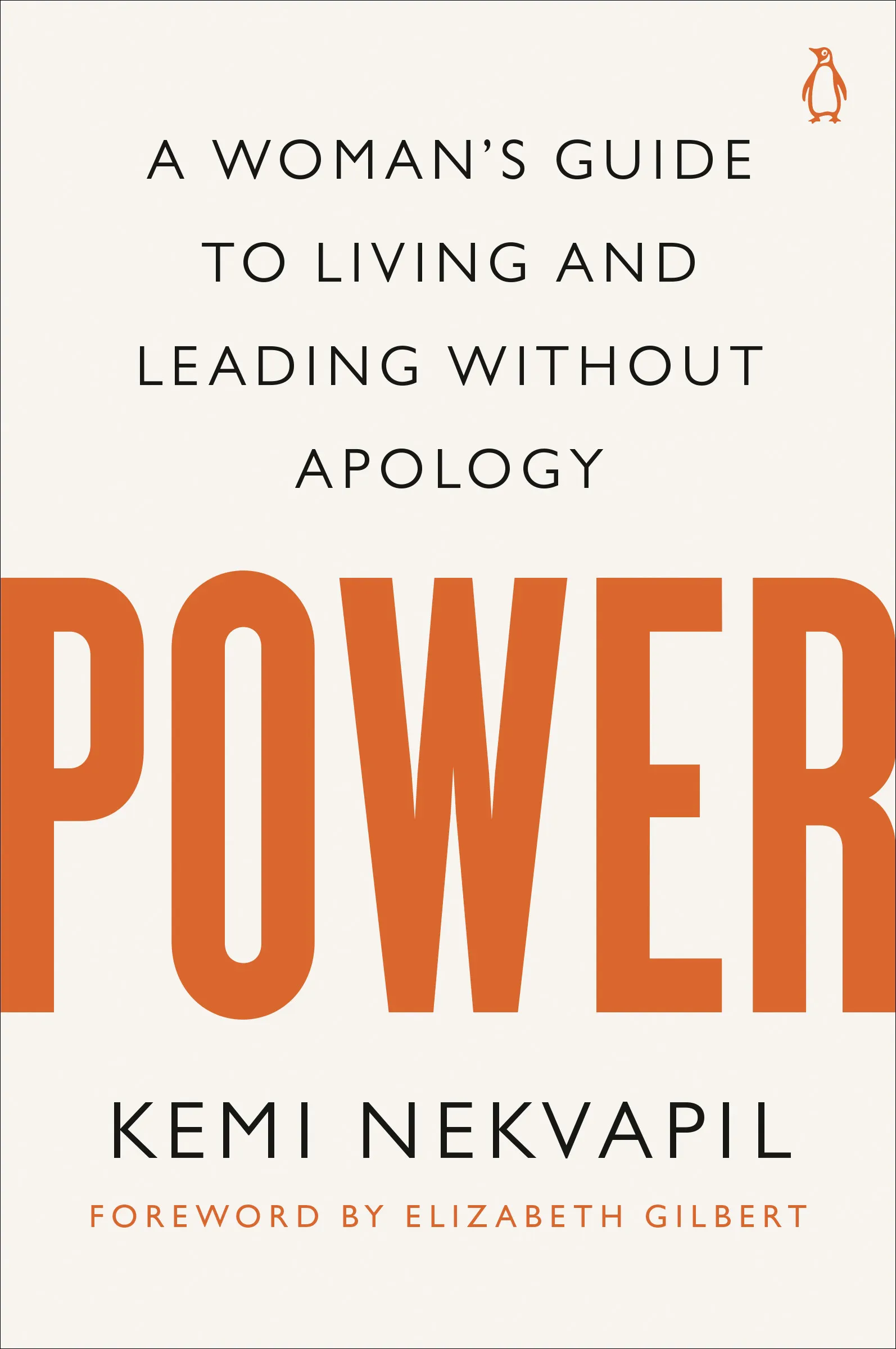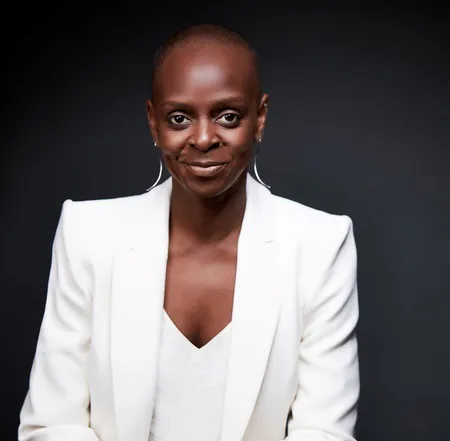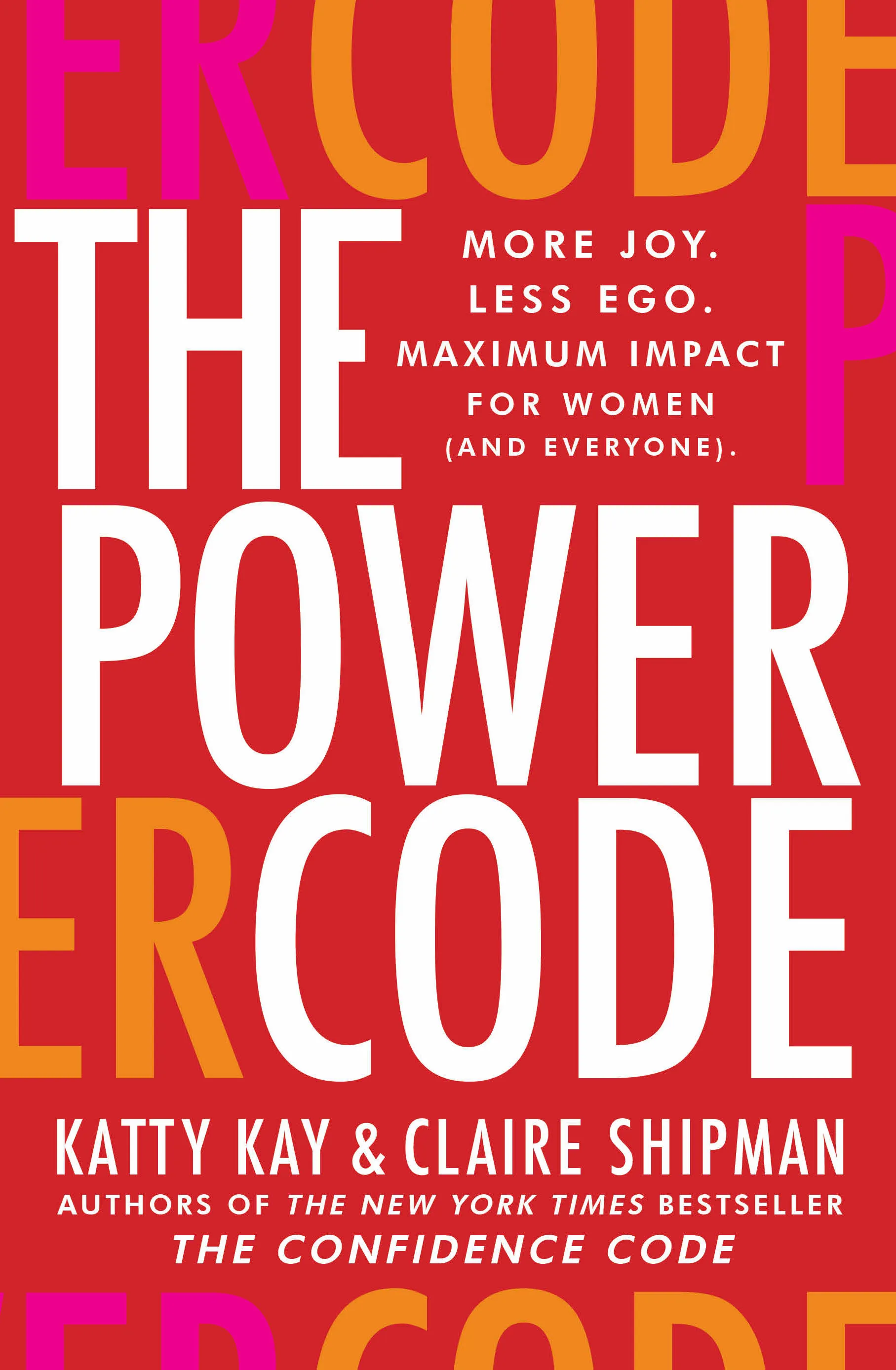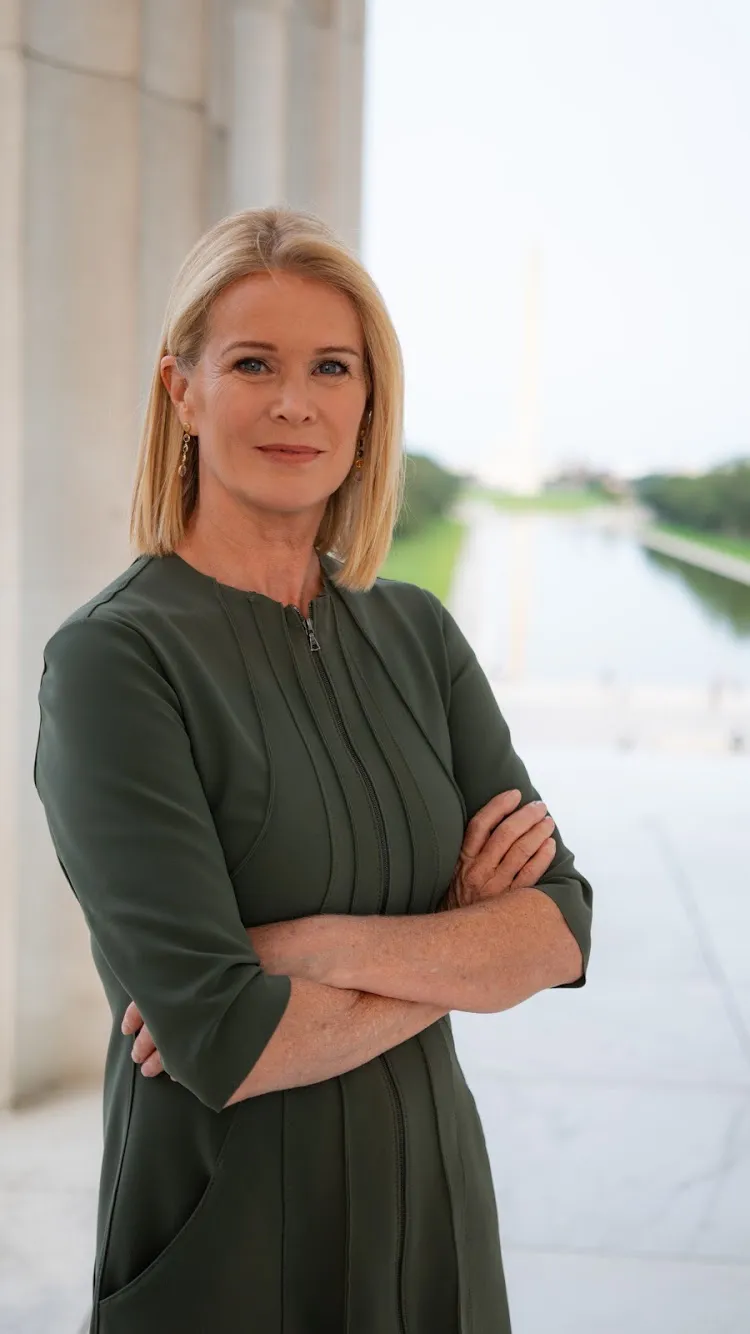When it comes to gender equity, much has changed over the last half century. Women have and continue to break through a multitude of barriers and are shifting the way we view leadership and power. From boardrooms to courtrooms and laboratories to the battlefield, women are not only getting to the top of their professions, but leading the way for future generations.
Kemi Nekvapil, author of POWER: A Woman’s Guide to Living and Leaving without Apology, reflects on what she's learned working as a coach to female executives and entrepreneurs.
“Regardless of their title, status, or the industry they were in, their relationship to power was not one that matched maybe the title that they had,” says Nekvapil.

Kemi Nekvapil, author of POWER: A Woman’s Guide to Living and Leaving without Apology asserts that everybody has access to power. Image courtesy of the author.
Like other marginalized groups, women have fought to be heard and understand what it means to walk the fine line of adapting to fit in and striking the right tone. It’s something Nekvapil, a Black woman, experienced growing up and that shaped her views on how she was valued by society and what she needed to do to fit in.
“For those of us that have to navigate spaces where we are the minority, [it’s] part of our survival,” she says. “The way that I'm allowed to be in this room, or in this place, is to make sure that I do not upset anyone around me.”
Nekvapil teaches her clients that “power is abundant,” and that one person having it doesn’t by default take it away from someone else.
“If I have power, I'm not afraid of your power,” she says.
When advising her female clients to speak and behave with more confidence, Nekvapil notes that, “women can diminish ourselves in language — often, it is unconscious.” She suggests that workshopping and roleplay can help with language and approach, and that this kind of “power practice” can be the best way to affect change.
“This idea that we can change our behaviors overnight sets us up to fail,” she says. “And so I'm always talking about practice, play, and experimentation.”

In her book, Kemi Nekvapil talks about how to break power down and redefine it as “away from this scarce resource into something that people want it to move towards.” Photo courtesy of Prue Aja Steedman
The ways in which women adapt, approach, and use power also has broader impacts on society and in the workplace. Katty Kay, journalist and coauthor with Claire Shipman of THE POWER CODE: More Joy. Less Ego. Maximum Impact for Women (and Everyone), says that, “contrary to public perception, it’s not just that women still don’t have equity when it comes to power positions, it’s that … women don't want power. The costs of getting it are too high. And the stuff itself just doesn't seem very appealing to us.”
Kay speculates that ego and corruption may be among the characteristics that turn women off, especially if power comes at the cost of “[stripping] you of your empathy and compassion.”

In THE POWER CODE: More Joy. Less Ego. Maximum Impact for Women (and Everyone), coauthor Katty Kay says that, “There is a new way to understand power, who has access to it, who gets rewarded for it, how it is wielded.”
Kay says the moment is right to redefine how power is seen in society.
“We're living in a moment where, post-Black Lives Matter and post-COVID, a lot is up for grabs,” she says. “There's so much going on in our workplaces … and in our understanding of equity and society. … Power is moving from men to women, from people who have had it to people who have been excluded from having it. That shift is taking place.”

In her book THE POWER CODE: More Joy. Less Ego. Maximum Impact for Women (and Everyone), co-author Katty Kay says that, “There is a new form of power, a new understanding of power that is out there.” Photo courtesy of Katty Kay.
Delve deeper into life, philosophy, and what makes us human by joining the Life Examined discussion group on Facebook.

